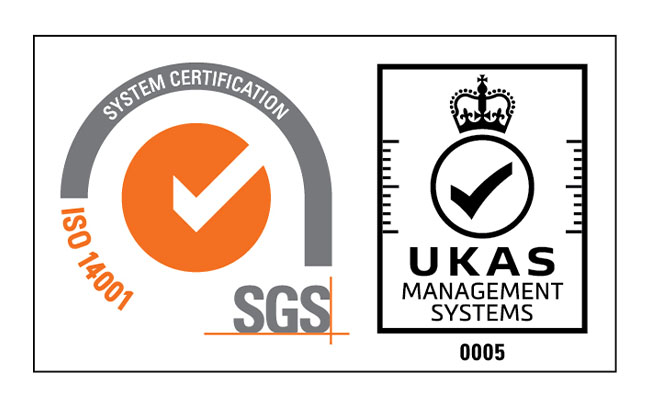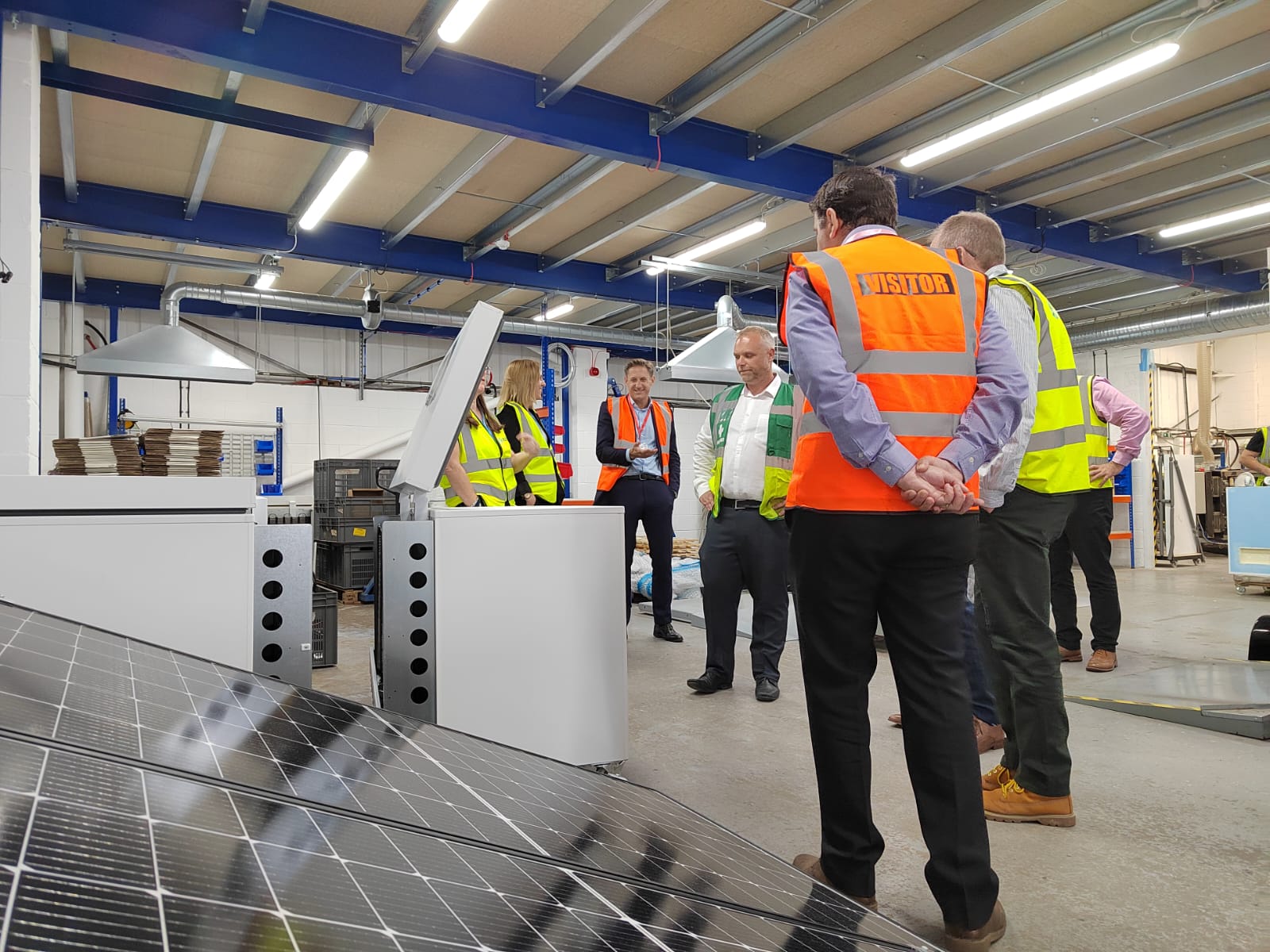This week (24 to 30 April), we are marking World Immunization Week, an annual World Health Organisation (WHO) initiative, which aims to highlight the value of vaccines and immunisation programmes, and the collective action required to ensure more people across the world are protected from vaccine-preventable diseases.
Huge pandemic hangover
The theme of this year’s campaign is ‘The Big Catch-Up’. Millions of children missed out on routine vaccinations during the pandemic. Whilst some countries had made significant progress in rolling out vaccination programmes before COVID-19 occurred, pandemic-related issues (such as supply chain problems, reduced availability of health workforce, transport restrictions and public fear) resulted in a sharp drop in the number of children receiving routine vaccinations. In July 2022, data published by UNICEF and WHO confirmed the largest sustained decline in childhood vaccinations in approximately 30 years. This highlighted the growing number of children living at risk from devastating but preventable diseases.
Polio and measles of particular concern
Two diseases that the world has been aspiring to eradicate or eliminate are of particular concern: polio and measles. There are fears that infections might stage a comeback as many immunisation campaigns and routine services were paused during the pandemic. For example, 24 measles vaccination campaigns in 23 countries were postponed in 2020, increasing the risk of the disease for more than 93 million people. Coverage of at least 95% of a population with two doses of measles-containing vaccine is necessary to achieve high population immunity against measles, and the large increase in unvaccinated children is a huge setback. The World Health Organisation and other agencies are working hard to identify those children who have been missed with targeted catch-up campaigns. The aim is to restore essential immunisation levels to at least 2019 levels and strengthen primary health care so that it is better placed to deliver immunisation programmes on an ongoing basis, even in the midst of a crisis. Cold chain is a vital part of this.
Cold chain: a vital part of immunisation
Part and parcel of any primary care facility is somewhere to keep vaccines within their limited low temperature range – otherwise vaccines lose their effectiveness. This is often a major challenge for areas with an unreliable electricity supply. Dulas’s Solar Direct Drive (SDD) refrigerators ensure that vaccines remain at the precise temperature required to remain viable and are used for both routine immunization programmes and to support humanitarian aid projects globally. With no reliance on electricity supply whatsoever, our SDD refrigerators can be installed in the most remote locations and make a huge impact to the communities living in those areas.
Our mission
The ultimate goal of World Immunization Week is for more communities to be protected from vaccine-preventable diseases, allowing them to live happier, healthier lives. According to UNICEF, more than 1.5m people die annually from diseases that can be prevented by vaccination, many of them children. The ‘Big Catch Up’ aims to help countries get back on track to ensure this doesn’t continue to happen, and our mission at Dulas is to help bring this number down, year on year. Our factory in West Sussex has already been extremely busy this year supplying Dulas SDDs to countries including Yemen, Lebanon and Sudan. Once installed, they make a huge difference to rural communities, providing a long-term solution for countries looking to deliver vital immunisation programmes well into the future.








